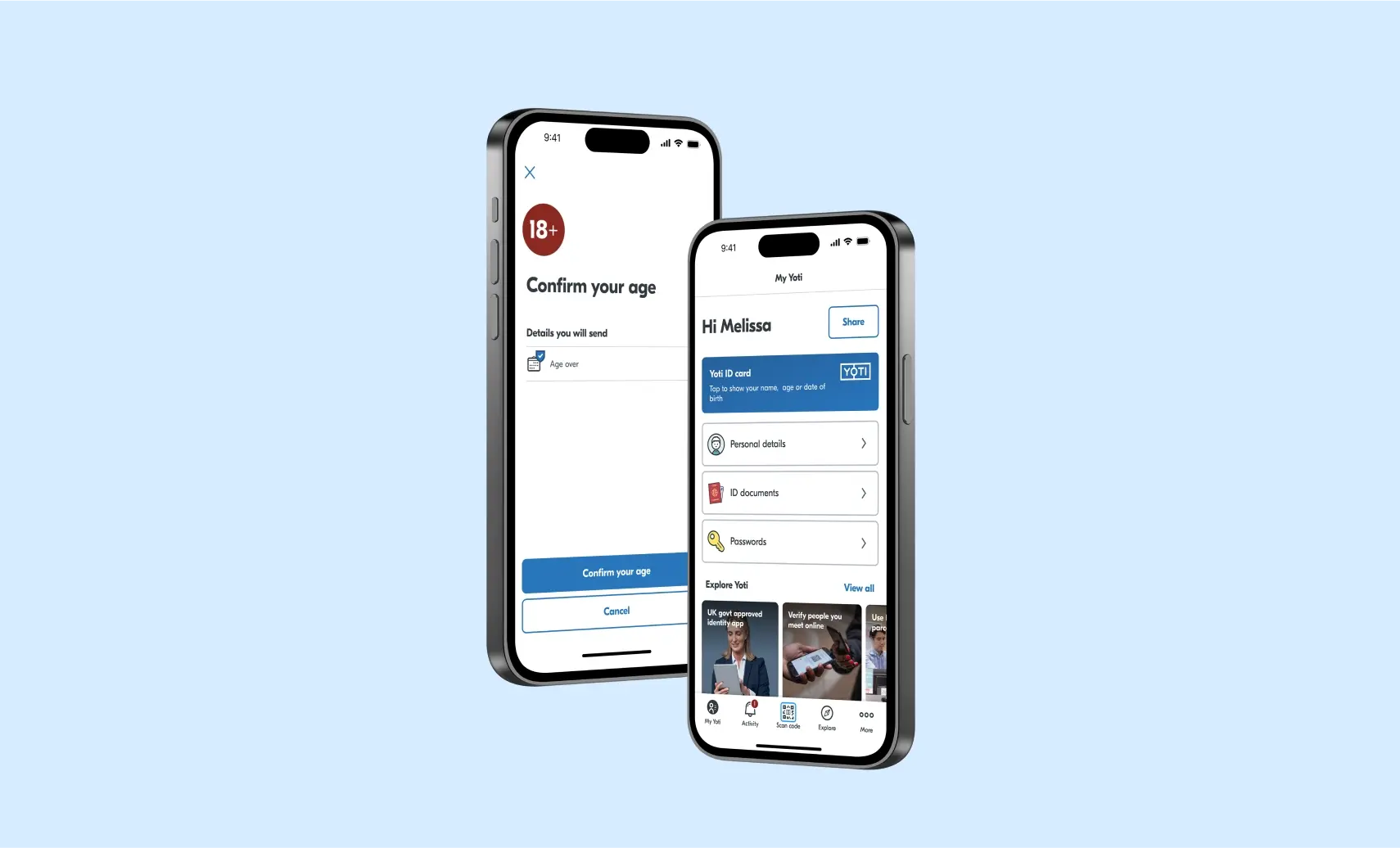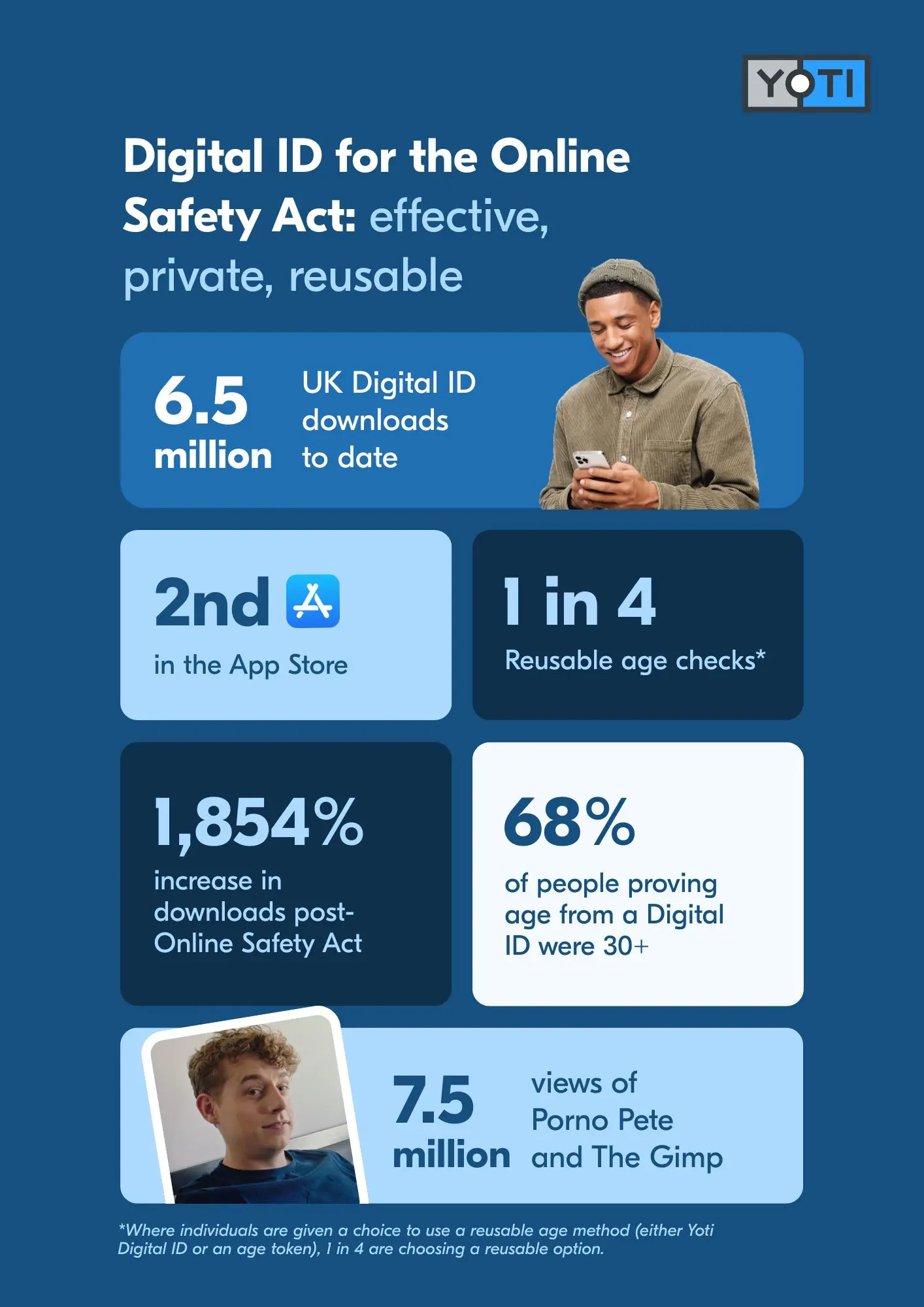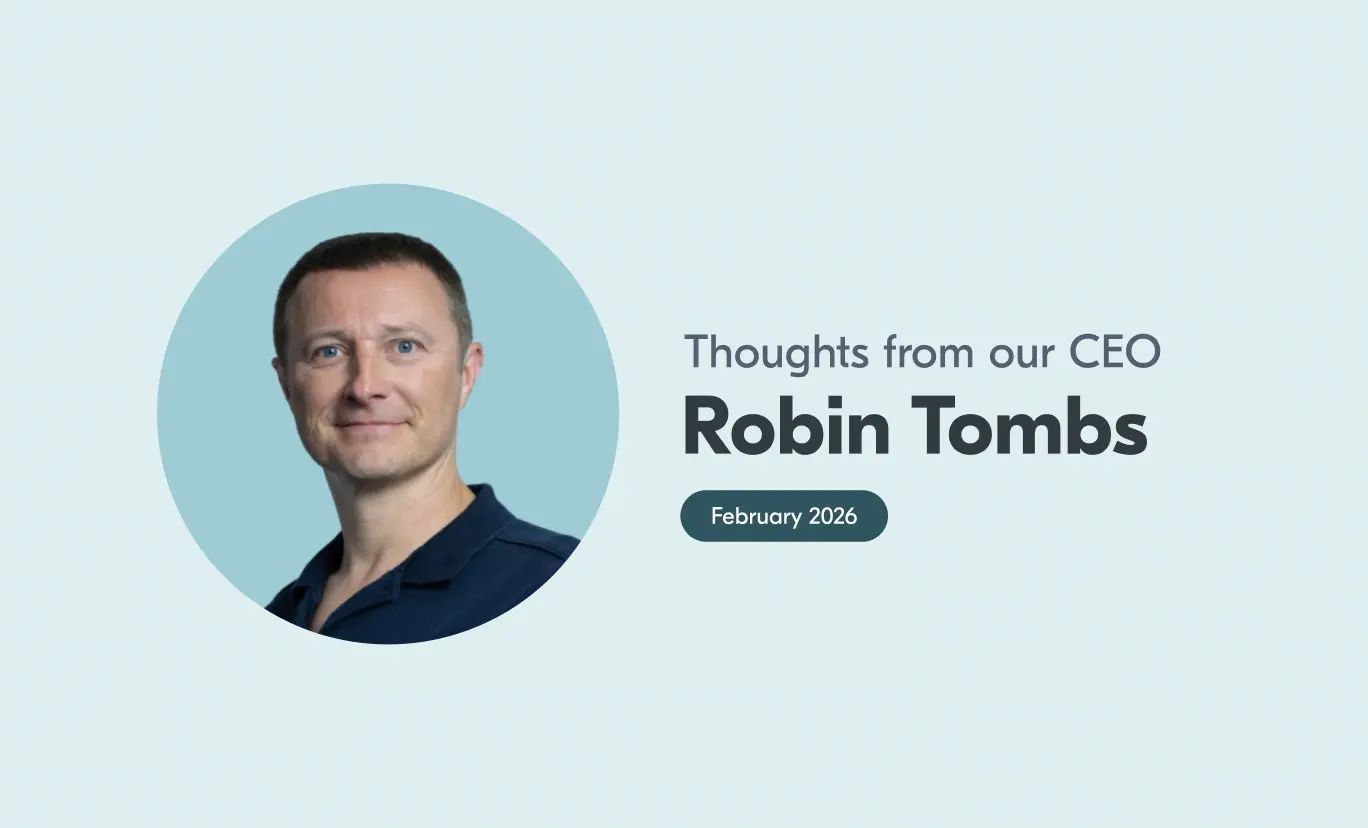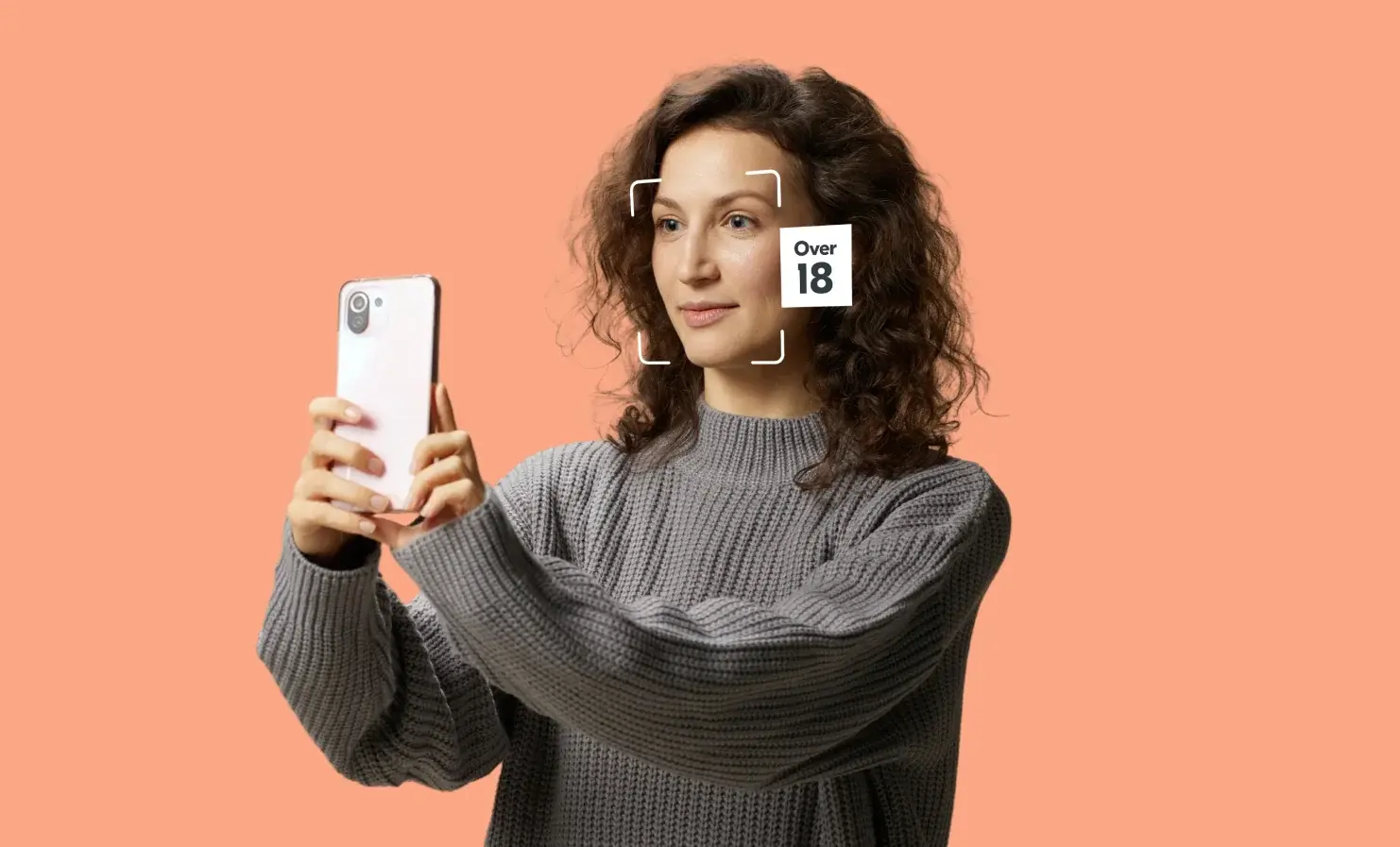
For years, we’ve helped businesses carry out millions of age checks – particularly using our facial age estimation technology, which offers a quick, privacy-preserving way to estimate someone’s age without collecting personal details.
But since the UK Online Safety Act came into force on 25th July, we’ve seen growing demand for our Digital ID. More people are choosing it as a secure and privacy-preserving way to prove their age online. In fact, when the Online Safety Act came in, Yoti was the second most popular app in the App Store.
Whether it’s to access age-restricted content or platforms, people want a solution that’s easy, secure and puts them in control of their data.
With our Digital ID, someone can prove they’re over 18 (or meet another age threshold) without sharing any other information. It’s simple, effective and built to protect privacy by only sharing what’s strictly necessary. People can also use the app across different websites, meaning they don’t have to verify their age from scratch every time.

Helping millions stay safe online
Our Porno Pete and The Gimp videos have now been viewed over 7.5 million times. Both creatives communicate important privacy messages: with Yoti’s Digital ID, people can prove their age on age-restricted websites while keeping their identity private.
We’re proud to be supporting platforms and individuals with a scalable, privacy-first approach to age assurance. With millions of people already using our solutions to prove their age online, Digital ID is becoming a key part of a safer digital landscape that the Online Safety Act aims to create.




